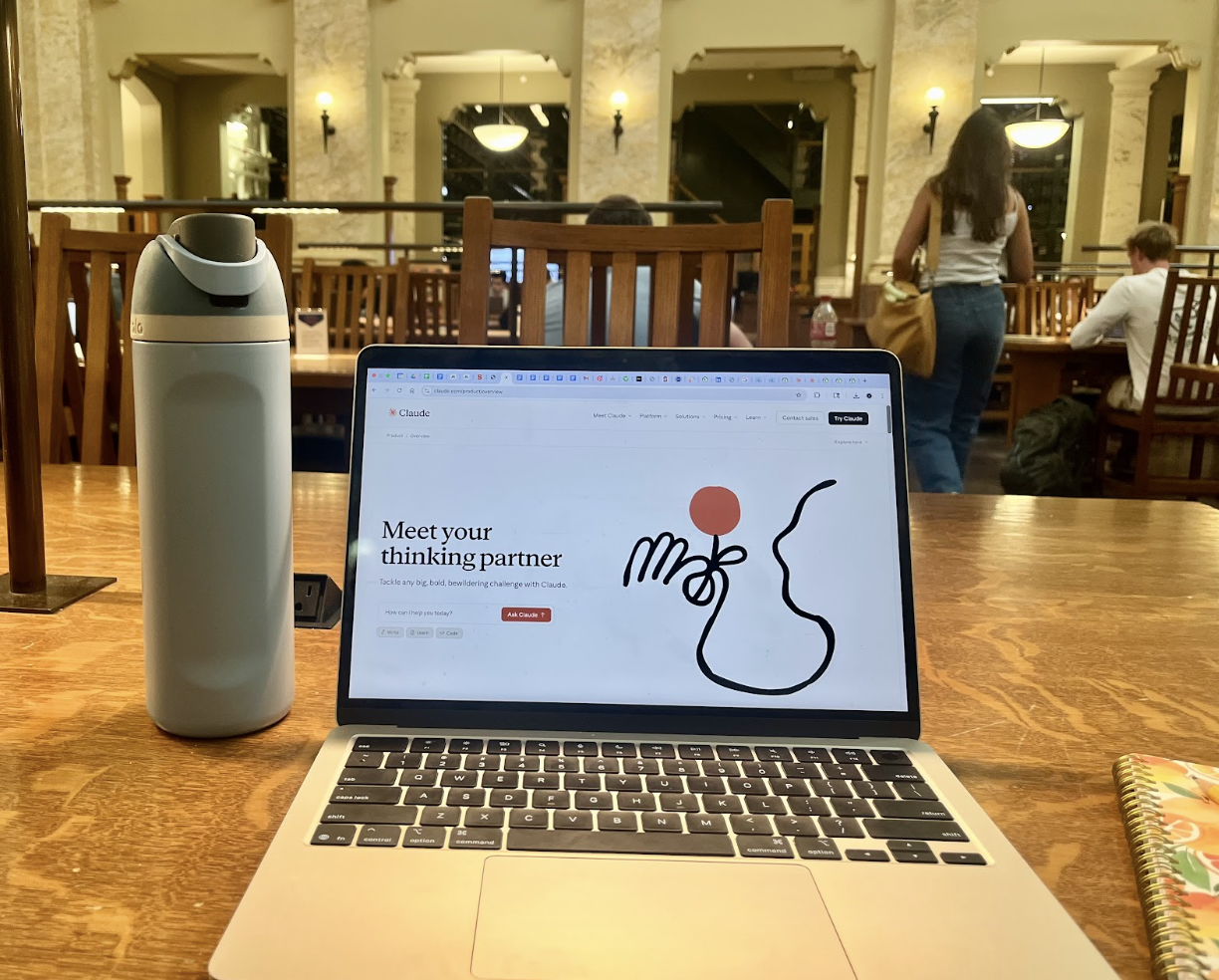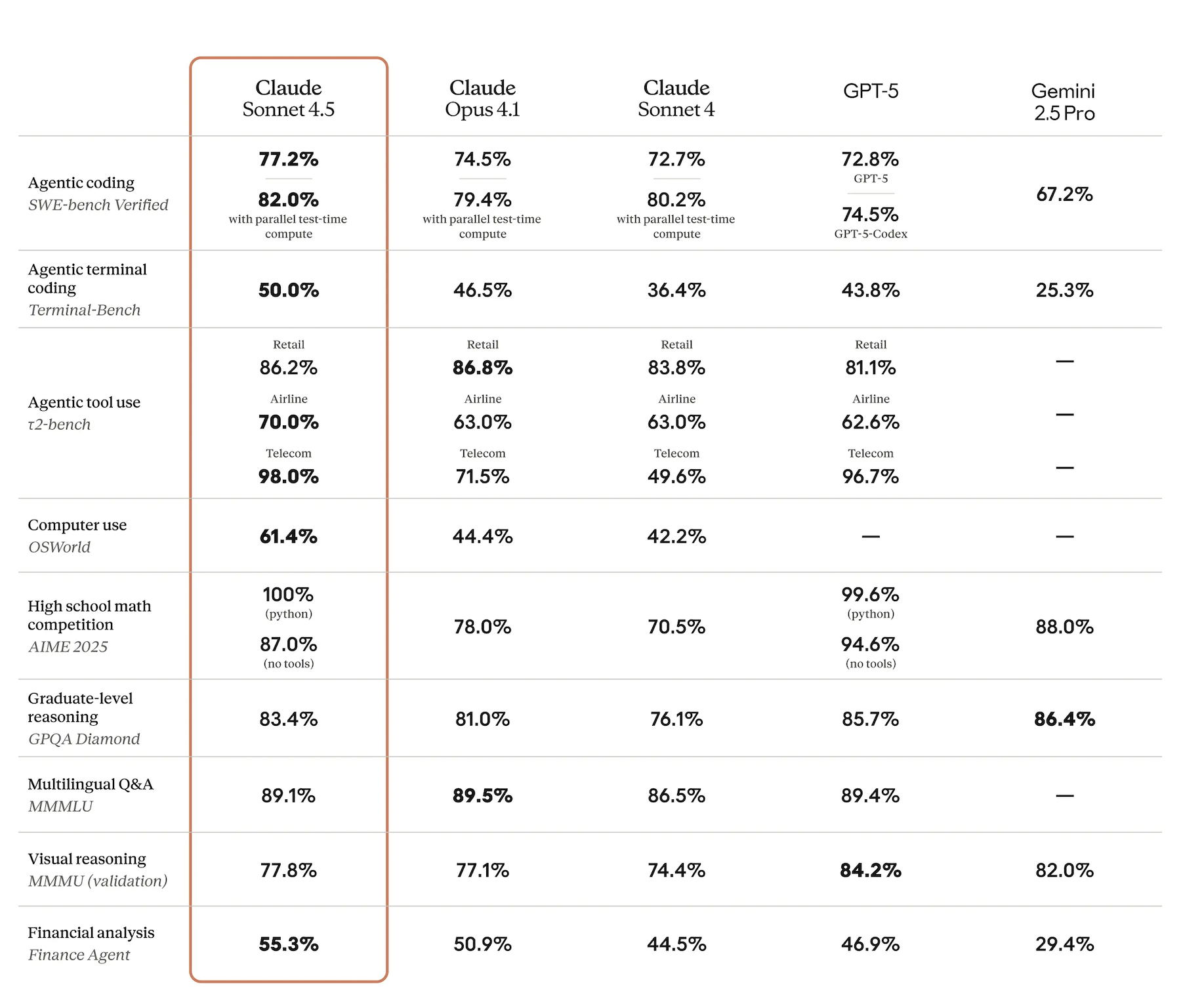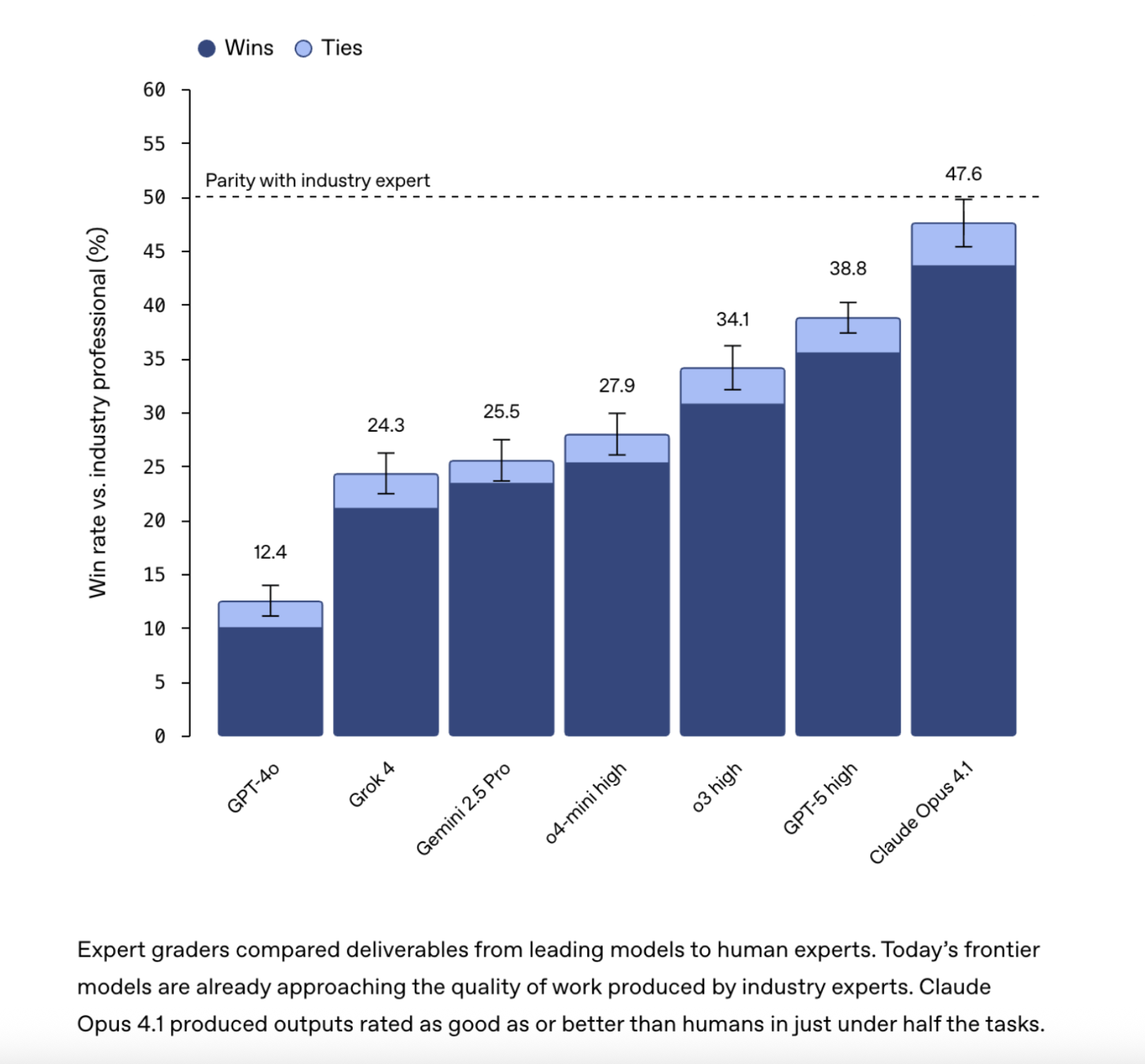SU Gives Students and Staff Licenses for Claude AI
Should you make the switch from ChatGPT?
by Katherine Schlueter ★ October 8th, 2025
Photo credit: Katherine Schlueter
On Sept. 24, S.U. partnered with Artificial Intelligence company Anthropic to give students, faculty and staff free access to Claude for Education, an AI research tool that puts “safety at the frontier.” A monumental update came just five days later on Sep. 29 with Sonnet 4.5.
AI in education and the workforce has become the debate of our time. Many embrace its potential to help us work smarter, not harder, while others use it in secret for fear of judgment or academic consequences. Another camp even refuses to acknowledge AI’s existence, admonishing it as a form of cheating.
In any case, the university has made one of the most powerful AI tools on the market free and readily available for students to explore. So the question remains: how should students use it effectively and responsibly?
Anthropic claims that their education program “guides discovery rather than answering directly, develops thinking through Socratic questioning, focuses on principles instead of solutions, provides templates for research, study guides, and more.”
Claude is more than just an AI chat-bot; it can also handle large projects and allows you to collaborate with other members on the platform. Claude features so-called “Artifacts,” which are “code snippets, text documents, graphics, diagrams, or website designs” that will “appear in a dedicated window,” according to the app’s description. The pre-programmed Artifacts vary from tailored writing editors and language learning programs, to attachment style quizzes and even generated bedtime stories. As Claude develops new artifacts, after being prompted by users, it shares its code and thinking with users in real time.
A potential lifesaver for college students is Claude’s ability to connect to a student's individual Google Workspace, like Google Calendar, directly in the mobile Claude app. Other productivity apps it can connect to include Canvas, GitHub, Zapier, Panopto and Wiley. For example, a student could upload their syllabi, connect their Google Calendar and use Claude to organize deadlines and create study schedules almost instantaneously.
Claude’s latest update, Sonnet 4.5, was launched on Sept. 29, and houses a number of improvements. New features include a Chrome extension, better memory and editing tools, more content monitoring and markedly better coding capabilities than its competitors like ChatGPT and Perplexity.
Photo credit: https://www.anthropic.com/news/claude-sonnet-4-5
According to OpenAI's own assessment of its models on Sept. 25, Claude Opus 4.1, the previous version of Claude, was the best overall chat-bot due to aesthetics, formatting, presentations and file types; ChatGPT 5 did better at purely text-based tasks and following direct instructions. The report evaluated seven AI models with more real world work tasks against real-life human professionals, unlike most current AI testing methods.
Photo credit: https://openai.com/index/gdpval/
Users control whether Claude can use memory from past chats to inform future conversations. The program does not take on any content by student or educator accounts; for example, it can’t pull information from SU emails.
Syracuse joins a small number of other universities, like Northeastern and the London School of Economics, with campus-wide access to Claude Education.
According to an SU press release, “the Information Technology Services team will support the rollout of this new tool, ensuring the technology is easily accessible and educating the community on responsible use across disciplines.”
Edited by: Kacie Moschella



